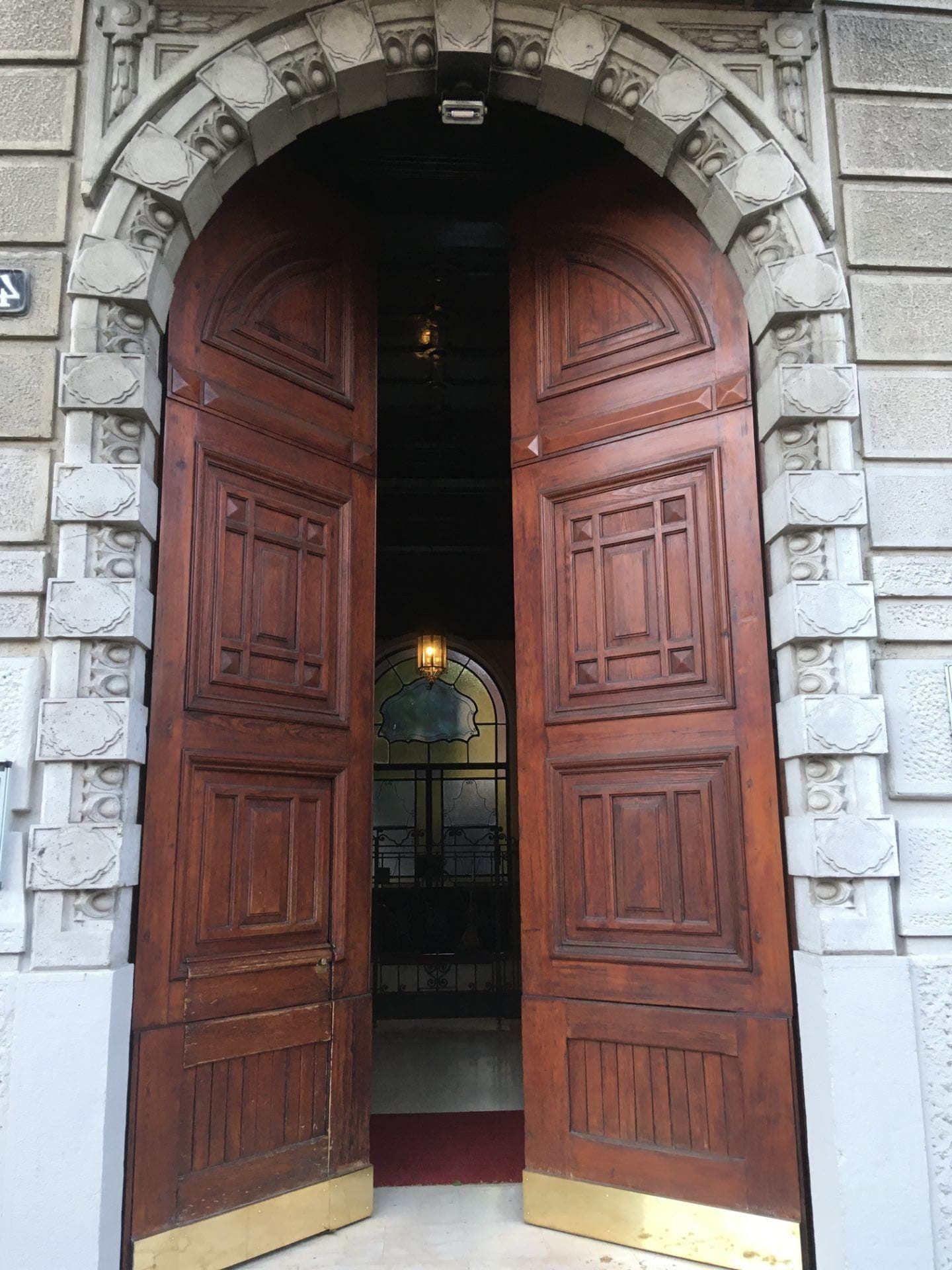Milan-home of Dolce e Gabbana, aperitivos and great front doors! But also of the polytechnic of Milan. I am here for ELSE, an Erasmus + Project on digital technologies and pedagogical innovation in HE. I am especially curious to see how these ideas are developing in Italy and there were some great presentations by academics such as Laura Formenti and Paolo Paolini– both very insightful about potential radical approaches yet firmly drawing from their own distinct cultural contexts. However, the ELSE project is not only Italian but is made up of a European consortium. Standing for eco/logical learning and simulation environments in H.E. Its genesis was to answer some questions thrown up by the European university reform system, also known as the Bologna process. Familiar questions such as are students being prepared for the 21st century? Has the potential of technology really dawned on the HE sector ? Are teaching practitioners being offered the opportunities to explore the complexities of digital innovation?
The Keynote talk was by Laura Formenti, an academic and key member of an Italian organisation supporting adult life-long learning. Formenti argues that possibly because of the commodification of the HE sector, many students don’t feel particularly cared for as individuals. As a result learners just experience the university process as one that they need to get through quickly and efficiently, passing exams and gaining credits. As an example, she states that she was a little shocked, when talking to a student about their learning whose response was to her ‘ You don’t have the right to ask me to think’. So Formenti’s point here is that if we lose that fundamental human relationship we also lose the learner; because it is only within a safe relationship that deep learning takes place. Not only with the teacher but peers, mentors and even with the authors of the books students read. Quoting Jack Mezirow’s transformative theory, where learning is seen as not a cumulative process but one that changes the perspective of meaning, she states the importance of narratives and storytelling in learning. Each student has a different story to tell and that is important because to have depth of thinking you need to superimpose different views. She questions if all the different experiences of students counted in education. What about first-generation learners or indeed lifelong older learners. Underlining one of the core points of this project, she asks what do H.Es in general offer these students.
So this was the first day and the ground rules are set. Next post will look at some of the outputs of the project. ELSE project website

